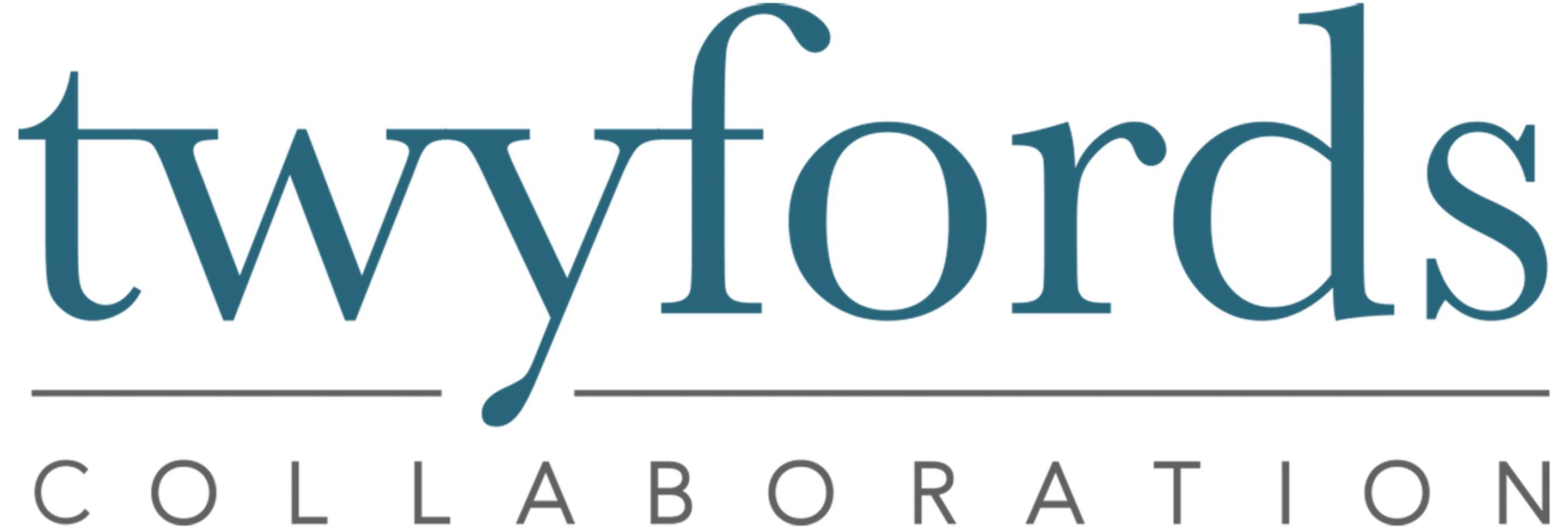One of the most common things I see companies doing is asking their project managers, who are experienced and competent in one way of working, to lead complex, collaborative projects that require a very different approach. The outcome is stress and slow progress and a slide back to business as usual. It’s a real trap.
I wonder if it is time to think differently about how and who we are recruiting and what we need to do to support them once they are in. To explore this question I’ve been looking at job ads for project managers in the water industry to see what skills they require of their candidates. Here are three, pulled verbatim off current job ads:
- Strong, broad knowledge of the water and wastewater industry;
- A proven track record in delivering on time and to budget;
- Advanced level of experience with risk analysis, mitigation and contingency planning.
These are from the water sector, but job ads from many other sectors would look very similar. When working on well-defined, technical projects with clear objectives and limited scope, you want a manager to demonstrate these attributes in a traditional way. So if you want someone to build a pipe from A to B, all is well.
But many of my clients find themselves facing situations that aren’t so straightforward. For example, what if we need to work across a whole catchment to co-create a strategy for improving water quality? Applied, traditionally these very skills and attributes get in the way of progress.
To illustrate, let’s take each of them one by one.
- Strong, broad knowledge of the water and wastewater industry;
When applied to a traditional project management situation with a complicated technical project this attribute might look like:
I draw on my experience to understand the problems we are facing and identify the best technical expertise we will need to solve the problem. I get the right people in the room.
But applied in a complex collaborative project this attribute should look something more like:
I acknowledge that I don’t know what the problem is nor how it should be solved. I recognise the knowledge and experience others hold and value it just as much as my own. I value lived (non-technical) knowledge. I tap into the experience of those from outside the industry, recognising that diversity brings innovation. I don’t know who the ‘right’ people are.
See the difference? What about the second one:
- A proven track record in delivering on time and to budget;
Again, applied in a complicated, technical context this might look like:
I focus on the Gantt chart and critical path. Getting the job done on time drives my actions so I manage things closely to ensure milestones are met.
On a complex project this would look something like:
I constantly share the challenge of time and budget with my collaborators and look to them to find ways to move ahead efficiently together. I continually invest time in relationships and building trust, knowing that we deliver faster when we are more able to work together.
And thirdly:
- Advanced level of experience with risk analysis, mitigation and contingency planning.
Traditionally applied: I use my skills to minimise risk through careful planning and implementation. Nothing happens without my say-so.
Yet we may need something more like: I recognise the risks inherent in this situation and apply a safe-to-fail approach to making progress, learning from ‘failure’ as much as from success. I reframe risk as inevitable uncertainty and build the confidence of my collaborators to work within this paradigm.
Looking over these three examples it is clear to me that our management skills can be applied in very different ways and are likely to have very different outcomes. If you are employing a project manager to lead a complicated technical task then go for someone who will take the traditional approach. But if you are seeking someone to lead a more collaborative approach in the face of greater complexity, you will need someone who thinks and acts quite differently. You will probably also need to redesign your performance management and reward system as well so that their different thinking is supported rather than stymied.
So which type of project manager do you need and have you trapped them or will you support them to work differently?
